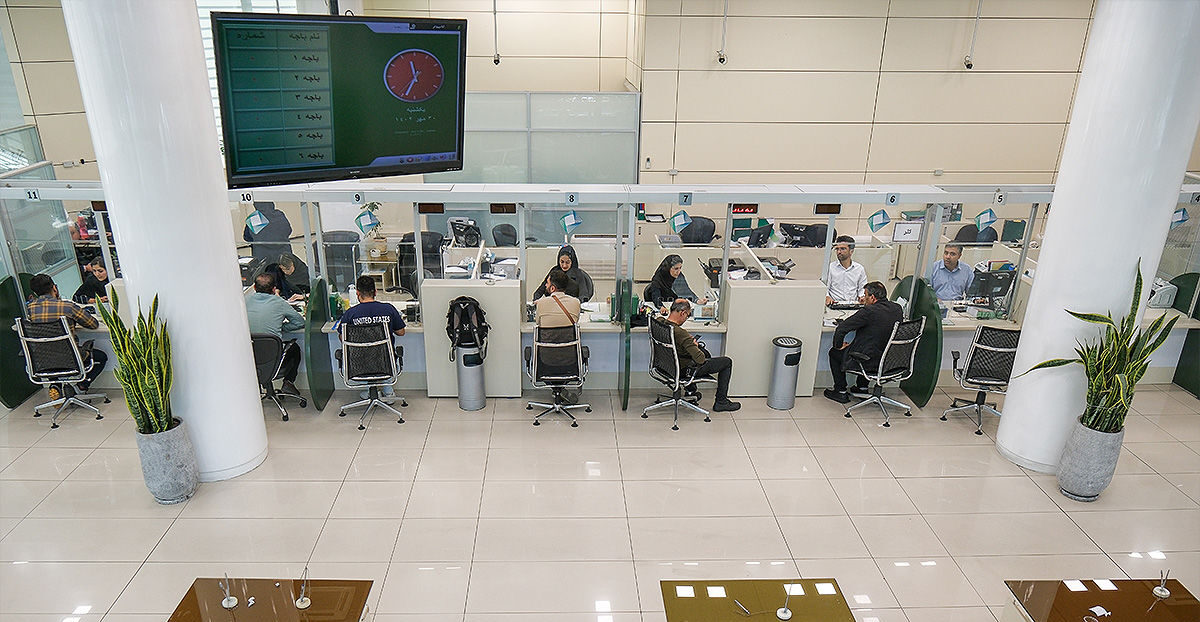Entering the Iranian market can be a lucrative opportunity for foreign investors, given the country’s strategic location, vast natural resources, and a young, dynamic population. However, navigating the complexities of setting up a business in Iran requires a clear understanding of the local legal framework, cultural nuances, and business practices. This guide presents a comprehensive step-by-step approach to establishing a business in Iran.
Step 1: Conduct Market Research
Before diving into the business environment, it’s essential to conduct thorough market research. Understanding the local market dynamics will help you tailor your business strategy accordingly. Key areas to focus on include:
-
- Industry Analysis: Identify growing sectors, potential competitors, and existing gaps in the market.
-
- Consumer Behavior: Analyze the preferences and spending habits of Iranian consumers.
-
- Regulatory Environment: Familiarize yourself with local laws, customs, and economic conditions.
Step 2: Develop a Business Plan
Creating a solid business plan is crucial for outlining your business objectives, strategies, and financial projections. A comprehensive plan should include:
-
- Executive Summary: An overview of your business concept, mission, and vision.
-
- Market Analysis: Findings from your research.
-
- Marketing Strategy: How you plan to enter and compete in the market.
-
- Operational Plan: Details on logistics, supply chain management, and day-to-day operations.
-
- Financial Plan: Budgets, funding sources, and profit projections.
Step 3: Choose the Right Business Structure
Iran offers several forms of business entities, each with its implications for liability, tax obligations, and operational flexibility. The most common structures include:
-
- Limited Liability Company (LLC): A popular choice for foreign ventures, providing protection from personal liability.
-
- Joint Stock Company: Suitable for larger businesses that plan to go public.
-
- Sole Proprietorship: A less common structure, mainly for small businesses operated by individuals.
Consulting a local legal advisor can provide insight into which structure best fits your business goals.
Step 4: Register Your Business
4.1 Obtain the Necessary Licenses
Once you have determined your business structure, you must register with the Iranian government. The process involves:
-
- Name Registration: Choose a unique business name and register it with the Iranian Companies Registration Office.
-
- Obtain Business Permits: Depending on your industry, additional licenses and permits may be needed.
4.2 Tax Registration
After obtaining your business license, register for tax identification with the Iranian National Tax Administration (INTA). Understanding tax obligations is vital for compliance and planning.
Step 5: Open a Bank Account
Opening a local bank account is crucial for managing your business finances. This process often requires various documentation, including:
-
- Business registration documents
-
- Tax identification number
-
- Identification documents of business owners and directors
Selecting a bank that understands foreign business operations can help simplify financial transactions.
Step 6: Hire Local Employees
Building a competent local team is essential for your success in Iran. Consider the following factors when hiring:
-
- Labor Laws: Familiarize yourself with Iranian labor laws, including contracts, minimum wage, and working conditions.
-
- Recruitment: Utilize local job boards, recruitment agencies, and networking to find qualified candidates.
-
- Cultural Fit: Ensure that your team understands the cultural nuances of doing business in Iran as it can impact workplace dynamics and productivity.
Step 7: Establish Operations
With the groundwork laid, you can now focus on establishing your operations. This involves:
-
- Finding a Location: Identify a suitable office or manufacturing space based on your business needs.
-
- Procurement: Sourcing raw materials, tools, and equipment necessary for operations.
-
- Marketing and Sales Strategy: Develop a marketing strategy to promote your business among Iranian consumers.
Learn more about all IRAN Business Gate services. Click here for detailed information!
Conclusion
Setting up a business in Iran can be a rewarding venture, provided that you approach the process methodically and remain adaptable to the local environment. By following these steps and leveraging local insights, you’ll be better positioned to thrive in this diverse market.
Iran Business Gate is dedicated to supporting those interested in entering the Iranian market. Our advisory services are tailored to ensure a smooth transition into the business landscape of Iran, from understanding regulatory requirements to identifying market opportunities. We are here to assist you every step of the way as you embark on your journey in Iran.
Let's Talk Now!
Your thoughts and questions matter to us! At IRAB Business Gate, we are eager to hear from you.



